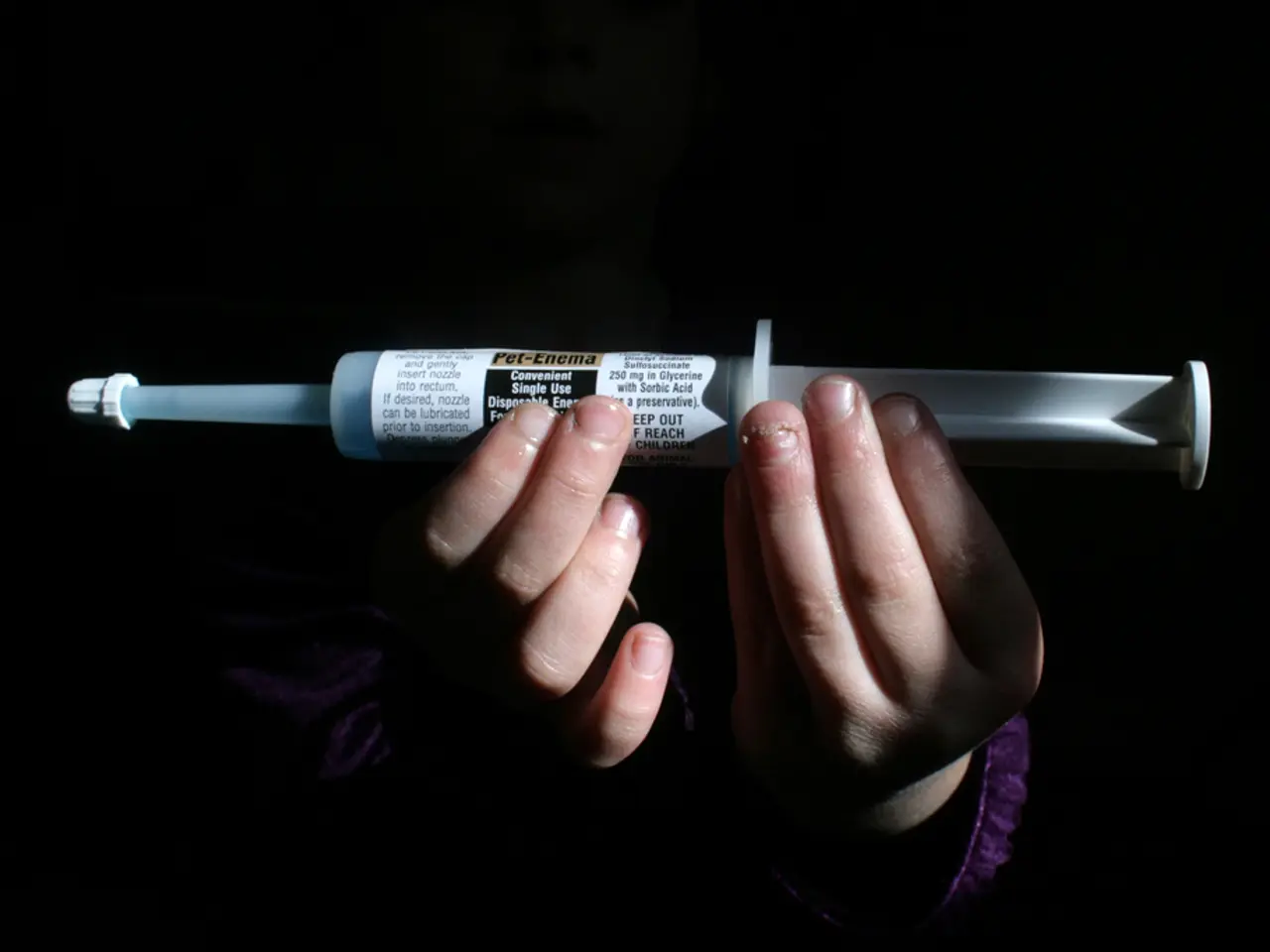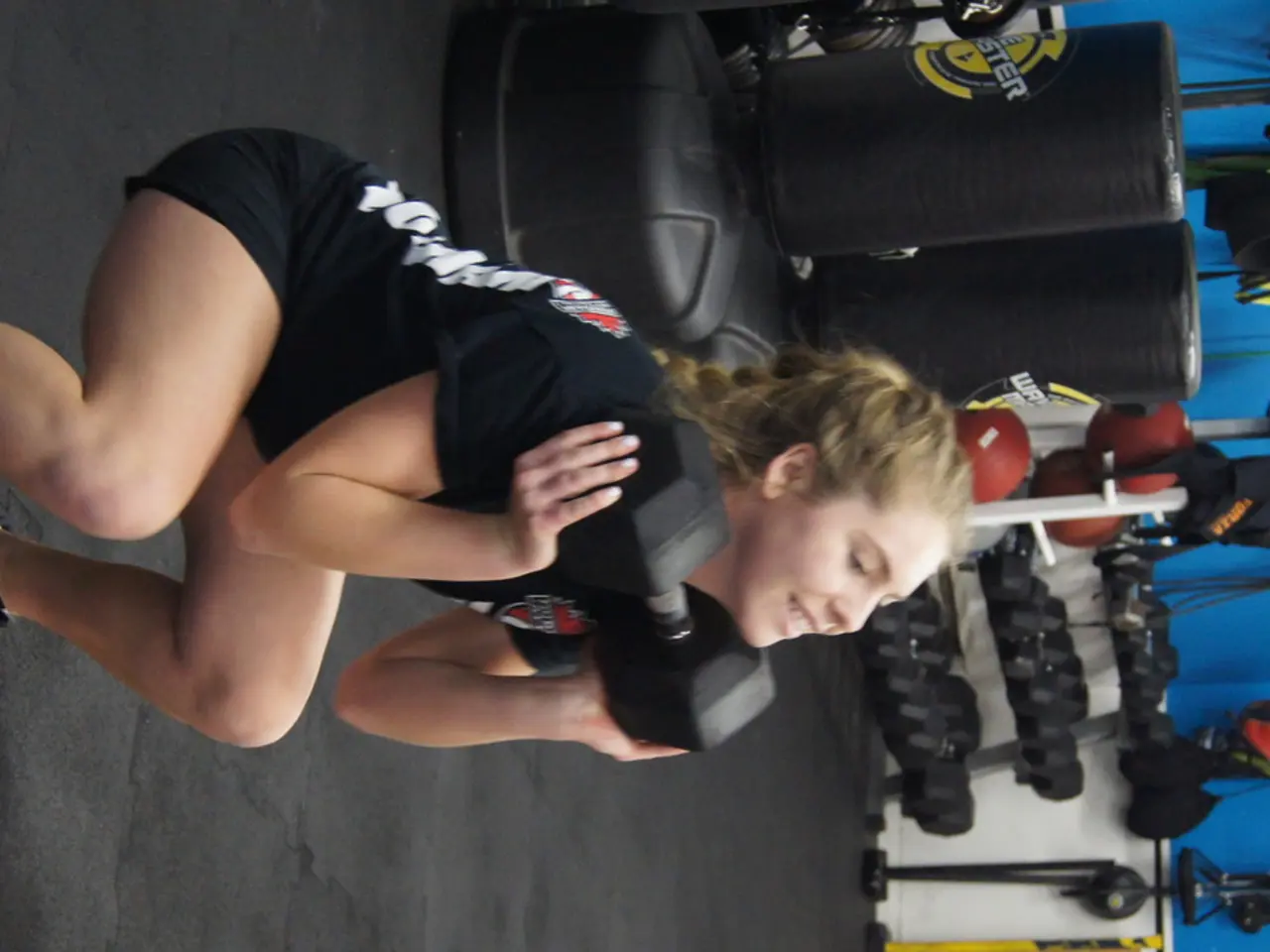Cold Hands in Anxiety: Causes and Solutions
In the realm of clinical psychology, cold hands in individuals experiencing anxiety can be more than just a sign of discomfort. This phenomenon, often accompanied by symptoms such as tremors, vomiting, excessive sweating, broken breathing, skin color change, palpitations, and dry mouth, may be a manifestation of an overactive sympathetic nervous system [3].
When anxiety kicks in, the body's stress response triggers vasoconstriction—the narrowing of blood vessels—primarily in the extremities. This happens because stress and anxiety activate the sympathetic nervous system, releasing adrenaline. Adrenaline causes the blood vessels in hands and feet to constrict, reducing blood flow and thus making these areas feel cold [3].
A related condition known as Raynaud’s phenomenon can also be triggered or worsened by emotional stress and anxiety. In Raynaud’s, the nerves controlling blood vessels are overly sensitive, causing exaggerated vasoconstriction in response to cold or stress, further reducing blood flow to fingers and toes and causing them to become cold, pale, or numb [1].
Fortunately, there are several strategies to alleviate cold hands caused by anxiety:
- Managing anxiety itself: Reducing overall stress through relaxation techniques, therapy, or medication can help prevent the vasoconstrictive response [2].
- Keeping hands warm: Wearing mittens (which keep fingers together and conserve warmth better than gloves), using paraffin wax baths, or moist heat packs can improve circulation to the hands [5].
- Physical measures: Splashing cool water on the face and wrists can help regulate body temperature and perhaps reset the autonomic nervous system response during anxiety episodes [2].
- Lifestyle factors: Staying hydrated is important, as dehydration can worsen anxiety symptoms and potentially circulation [2].
For those with Raynaud’s or similar circulation sensitivity, avoiding cold exposure and rapidly warming hands when they get cold also helps [1][5].
In conclusion, anxiety-related cold hands arise from stress-induced blood vessel constriction, and treating anxiety, protecting hands from cold, and using heat therapies are effective approaches to alleviate this symptom [1][3][5].
It's essential to remember that this article does not have the power to diagnose or recommend treatment. If you or someone you know is experiencing anxiety-related cold hands, it's recommended to consult a psychologist for personal cases. Seeking psychological therapy can provide tools to reduce anxiety symptoms and find alternative solutions.
Anxiety can be mild, moderate, or serious, with gravity cases requiring professional help. Engaging with a supportive environment (friends, family, self-help groups, sports institutions) can help cope with anxiety-related cold hands.
Work stress, family experiences, drug use, and presence of other mental health disorders can contribute to cold hands in people with anxiety. Mindfulness, a therapeutic practice that emphasizes the present, can help reduce intrusive thoughts and nervous tension.
References:
[1] Mayo Clinic. (2021). Raynaud's disease and Raynaud's phenomenon. https://www.mayoclinic.org/diseases-conditions/raynauds-disease/symptoms-causes/syc-20354271
[2] American Psychological Association. (2021). Managing stress. https://www.apa.org/topics/stress/manage
[3] Harvard Health Publishing. (2021). Adrenaline. https://www.health.harvard.edu/staying-healthy/adrenaline
[5] National Health Service (NHS). (2021). Raynaud's disease. https://www.nhs.uk/conditions/raynauds-disease/
- In the field of clinical psychology, anxiety-related cold hands are a common occurrence, and while they might seem like a mere discomfort, they can hint at an overactive sympathetic nervous system.
- This symptom is often induced by the body's stress response, triggering vasoconstriction — the narrowing of blood vessels, making the hands feel cold.
- Mental health-and-wellness practitioners suggest that managing anxiety itself through relaxation techniques, therapy, or medication can help prevent cold hands caused by anxiety.
- Additionally, maintaining a warm environment for the hands (using mittens, paraffin wax baths, or heat packs) can improve circulation and alleviate anxiety-related cold hands.
- Beyond the physical measures, practicing mindfulness — a therapeutic technique emphasizing the present — can help reduce the intrusive thoughts and nervous tension that contribute to cold hands in people with anxiety.




